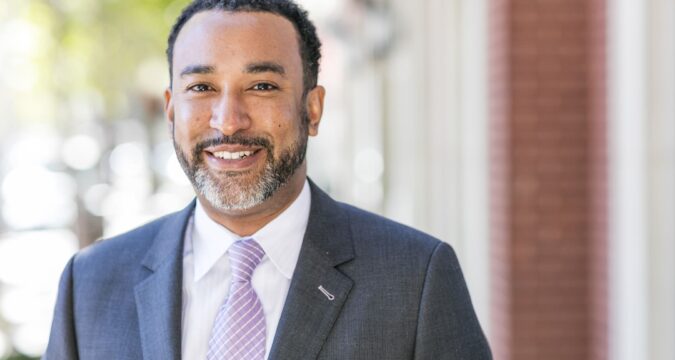
A seismic week has rocked the landscape of Los Angeles’ efforts to combat its persistent homelessness crisis, marked by a federal investigation into widespread corruption and the subsequent abrupt departures of key figures leading local agencies tasked with addressing the issue.
We’re all used to it. Excessive $600,000 homeless projects; countless taxpayer dollars disappearing into the promise of a housed future – Skid Row activists going unheard for decades. But has the time finally come when corruption will be thrashed and justice for the unhoused will be served?
On April 8th, United States Attorney Bill Essayli announced the formation of a dedicated Homelessness Fraud and Corruption Task Force, spearheaded by the FBI and involving federal watchdogs like HUD-OIG and IRS Criminal Investigation. The announcement was stark, citing billions of dollars spent with little to no discernible improvement in the crisis and a critical need for accountability. Essayli made it clear: “Taxpayers deserve answers for where and how their hard-earned money has been spent. If state and local officials cannot provide proper oversight and accountability, we will do it for them. If we discover any federal laws were violated, we will make arrests.”
Arrest???!!!! Yikes!
Just days after this forceful declaration, Va Lecia Adams Kellum, the Chief Executive Officer of the Los Angeles Homeless Services Authority (LAHSA), announced her resignation. LAHSA, the region’s primary agency coordinating homeless services, had already been reeling from a recent decision by the Los Angeles County Board of Supervisors to strip a significant portion of its annual $350 million funding. County leaders cited a need for greater oversight and accountability, echoing concerns raised in multiple damning audits that highlighted “serious accounting and oversight issues” and a failure to track billions in spending.
Not LA County Affordable Housing Solutions Agency CEO too?
Adding to the turmoil, Ryan Johnson, the interim CEO of the newly formed Los Angeles County Affordable Housing Solutions Agency (LACAHSA), also abruptly stepped down.
LACAHSA was created to manage a substantial portion of the $1.1 billion raised annually through Measure A, a voter-approved sales tax intended to combat homelessness. However, as reported by the World Socialist Web Site, Johnson’s appointment and subsequent resignation have been met with accusations that the agency is designed to enrich private capital under the guise of addressing a humanitarian crisis.
Critics point to Johnson’s background in private equity and speculative real estate, raising concerns that public funds are being funneled into private ventures with little transparency.
Deny Everything and Demand Proof!
While neither Adams Kellum nor Johnson explicitly cited the FBI investigation as the direct cause of their resignations, the timing of their departures in the immediate wake of the federal announcement raises significant questions. The “jumping ship” scenario suggests a potential link between the looming threat of federal scrutiny and the decisions of these key leaders to step down from their prominent roles.
The confluence of these events paints a picture of a system under immense pressure. The FBI’s commitment to “investigate crimes related to the misappropriation of federal tax dollars intended to alleviate homelessness” and to prioritize a review of programs receiving federal funding could be casting a long shadow over agencies like LAHSA and LACAHSA.
The resignation letters from both Adams Kellum and the critical analysis surrounding Johnson’s departure hint at underlying issues of accountability, transparency, and the effectiveness of current strategies. Adams Kellum, while expressing pride in her efforts, acknowledged that “now was the right time to step down.” Meanwhile, Johnson’s tenure at LACAHSA is portrayed as a strategic move to lay the groundwork for a “financialized homelessness economy,” raising concerns about the true beneficiaries of public funds.
The future of Los Angeles’ approach to homelessness remains uncertain. LAHSA faces a diminished role without its county funding, and LACAHSA’s leadership and underlying principles are under intense scrutiny. The FBI’s investigation promises to delve deep into the financial intricacies of the region’s efforts, potentially uncovering the “fraud, waste, abuse, and corruption” that U.S. Attorney Essayli vowed to expose.
As the federal investigation progresses, the resignations of these key figures may be seen as the first tremors in a larger shake-up, potentially revealing the extent to which mismanagement and self-interest have hampered efforts to address the growing crisis on the streets of Los Angeles. The taxpayers, and the tens of thousands experiencing homelessness, are undoubtedly waiting for answers.
![]()


























